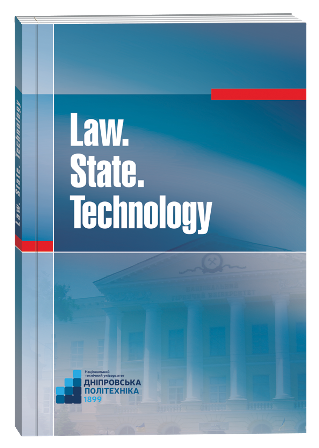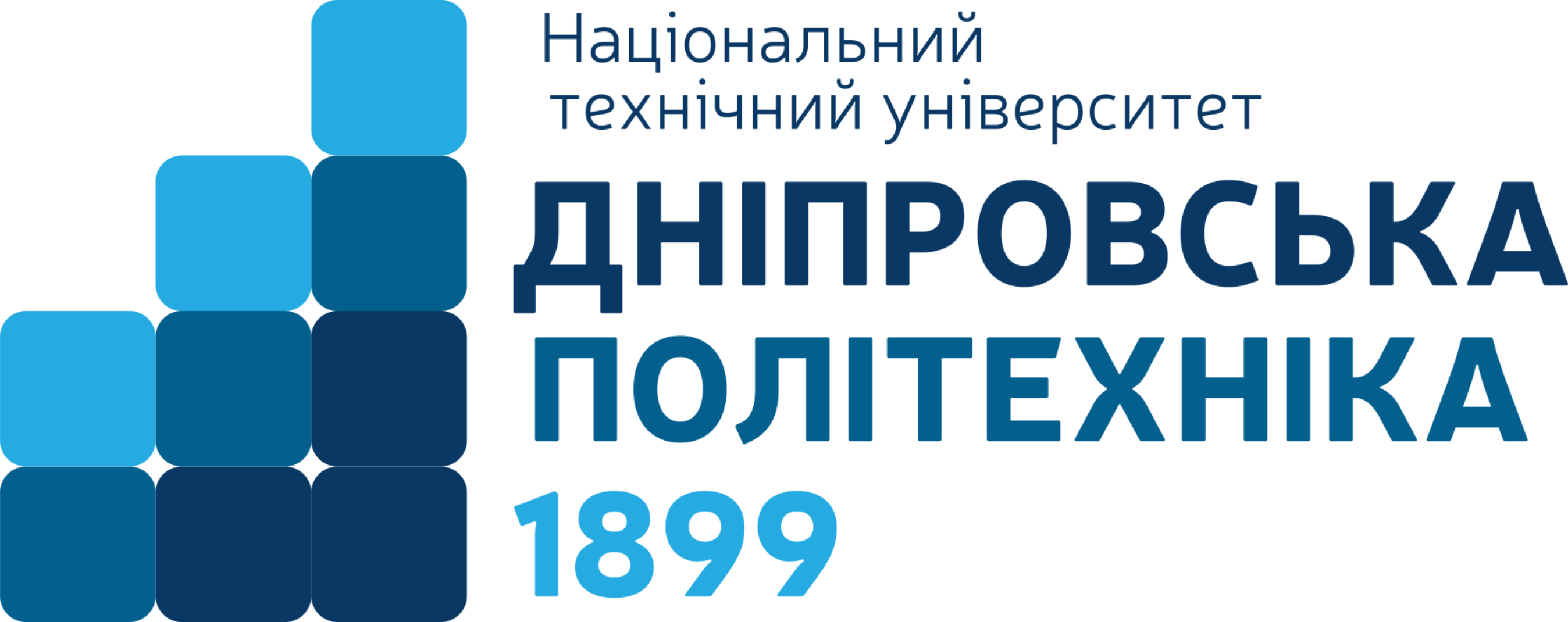«INTRA MUROS»: FROM CELLARS TO A NEW PRISON MODEL
DOI:
https://doi.org/10.32782/LST/2021-3-16Keywords:
imprisonment, imprisonment, short-term imprisonment, punishment, current legislation, Draft Criminal Code.Abstract
The article is devoted to the analysis of punishment in the form of imprisonment from the standpoint of the historical approach and its transformation at the present stage. Historical experience is invaluable since it allows to track both positive and negative aspects of the formation and development of imprisonment as part of the punishment system. At the same time, the new concept embodied in the Draft of Criminal Code raises a number of research problems, the solution of which is impossible without a comparative approach with the current Criminal Code. The construction of a new reality of criminal law in some cases seems controversial and accompanied by unnecessary complications, however, the process of legislative renewal has positive aspects. The article is based on methods of scientific knowledge. The work is based on the method of dialectical materialism, which made it possible to study imprisonment as a form of punishment and a phenomenon in organic connection with specific conditions of reality. Among other methods: 1) formal logic: system-structural, method of analysis and synthesis; 2) empirical methods: descriptive, method of interpretation (interpretation), evaluation, induction and deduction; 3) special methods: comparative analysis, formal-legal, critical-legal, historical-legal. Scientific novelty. for the first time, imprisonment has been analyzed not only in its historical dimension and from the standpoint of current legislation, but also in terms of legal registration in the Draft Criminal Code. Conclusions. Legislative origins of imprisonment as a form of punishment date back to the tsarist period. The Soviet legislators have transformed it into "imprisonment", which is enshrined in the current Criminal Code, which, in our opinion, only partially reveals the meaning of this punishment. However, the defects of the current legislation are not only terminological: the boundaries of the categories of crimes are blurred. Absence of time variation and presence of logical contradictions are a small part of the problem field. The draft of Criminal Code is designed to improve the rules of criminal law, however, some of its provisions are already controversial. The division of crimes into 10 degrees is characterized by theoretical immaturity, as both the doctrine and the law know the four-tier system of classification of criminal offenses into misdemeanors and minor, serious, especially serious crimes, meanwhile, the approach proposed in the Draft Criminal Code is formalized. At the same time, the elimination of sanctions in the articles of the Special Part proposed in the Draft of Criminal Code seems to be insufficiently substantiated, at least from the standpoint of the general theory of law. We also do support the renewal of sentences starting at 3 months and returning short-term imprisonment, as it would be more appropriate, from our point of view, to introduce alternatives to imprisonment – community service and restraint of liberty.
References
Фойницкий И.Я. Учение о наказании в связи с тюрьмоведением. Москва : Добросвет-2000 ; Городец-2000. 464 с.
Выхорь С.С., Сумин А.В. Очерки истории уголовно-исполнительной системы : монография / ФКОУ ВО Воронежский институт ФСИН России. Иваново : ПресСто, 2019. 468 с.
Судебники Иоанна III и Иоанна IV 1497 и 1550 гг. / текст с указ. напеч. проф. М. Клочковым. Харьков : Издание Историко-филологического факультета Императорского Харьковского университета, 1915. 55 с.
Тихомиров М.Н., Епифанов П.П. Соборное уложение 1649 года. Москва : Моск. ун-т, 1961. 444 с.
Артикул Воинский 1715. URL: https://kp.rusneb.ru/item/reader/artikul-voinskii-1 (дата звернення: 28.07.2021).
Європейські пенітенціарні (в’язничні) правила (Рекомендація № R (2006) 2 Комітету Міністрів держав-учасниць). URL: https://zakon.rada.gov.ua/laws/card/994_032 (дата звернення: 30.07.2021).
Римский статут международного уголовного суда. URL: https://zakon.rada.gov.ua/laws/ show/995_588#Text (дата звернення: 30.07.2021).
Білодід І.К., Коломієць В.Т., Ткаченко О.Б. Етимологічний словник української мови : у 7 т. Т. 1: А–Г / за заг. ред. О.С. Мельничук. Київ : Наукова думка, 1982. 632 с.
Синявський В.В., Сергєєнкова О.П. Психологічний словник / за заг. ред. Н.А. Побірченко. Київ : Науковий світ, 2007. 274 с.
Проєкт нового Кримінального Кодексу: редакція від 25.07.2021. URL: https://newcriminalcode.org. ua/upload/media/2021/07/28/1-kontrolnyj-tekst-proektu-kk-25-07-2021.pdf.
Мирошниченко Н.А. Деякі проблеми загальної частини кримінального права України. Правовий вплив на неправомірну поведінку: актуальні грані : монографія / за ред. О.В. Козаченка, Є.Л. Стрельцова. Миколаїв : Іліон, 2016. С. 661–671.
Мирошниченко Н.А. Роздуми щодо нової редакції КК України. Наука та суспільне життя України в епоху глобальних викликів людства у цифрову еру (з нагоди 30-річчя проголошення незалежності України та 25-річчя прийняття Конституції України) : матеріали міжнар. наук-.практ. конф., м. Одеса, 21 травня 2021 р. / за заг. ред. С.В. Ківалова. Одеса : Гельветика, 2021. Т. 2. С. 146–149.
Туляков В.А. Некоторые вопросы современной уголовно-правовой доктрины. Науковий вісник Міжнародного гуманітарного університету. Серія «Юриспруденція». 2011. Вип. 1. С. 23–25.
Морозова Л.А. Теория государства и права : учебник. Москва : Эксмо, 2010. 510 с.








